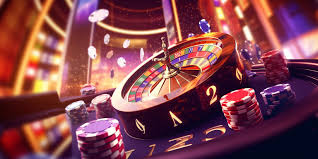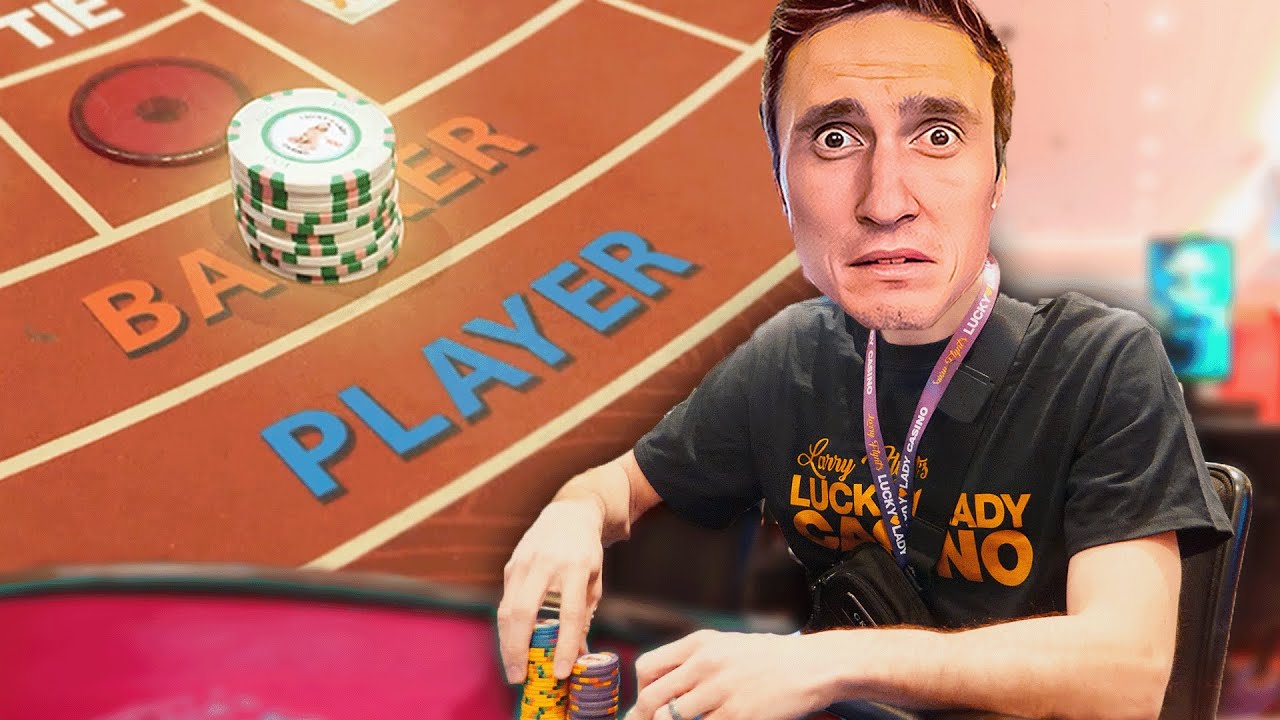Gambling has long been an enjoyable pastime throughout history, from dice games and animal fight betting to archaeological excavations that date from ancient China’s Xia Dynasty all the way to Rome’s chariot races and gladiator fights.
Early gambling often became associated with religious rituals or seen as a means to appease gods, leading to superstitions that continue to influence casino culture today.
Ancient China
Ancient civilizations engaged in various forms of gambling, with dice games particularly prevalent. Their legacy can be seen today through popular casino gambling games like Craps and Sic Bo.
Ancient Romans also took great pleasure in gambling, with Emperor Commodus famously engaging in this activity and spending all his money gambling on cockfighting matches. Even high-ranking officials would place bets on such contests.
Chinese are widely recognized for creating several games, including mahjong and tabula (a boardgame similar to backgammon that featured strategic elements), that eventually contributed to modern gaming. Furthermore, they may have created Keno around 200 BC.
Ancient Egypt
Gambling has long been a form of entertainment in various cultures around the world. Over the centuries, gambling has taken many different forms as people discover more ways to earn money and play games with money.
Ancient Egyptians used animal bones to craft basic dice games – these games proved immensely popular as an escape from war and daily routines.
Ancient Rome was another hub for gambling. While some emperors attempted to ban gambling through laws, most were unsuccessful in keeping people from participating. Chariot racing and gladiator matches both included betting elements. Around 1638 in Venice the Ridotto became the precursor of what we know as casinos today.
Ancient Greece
Gambling may seem like something we fear today, but in actuality it has existed for millennia! As one of the oldest forms of entertainment it remains one of our primary forms of pleasure!
Ancient Greeks accepted gambling as part of their culture and society, with gambling often taking place during festivities such as Kronia which commemorated a mythical Golden Age when social restrictions were lifted and people living under slavery could drink, feast and play games freely.
These early people believed that gods engaged in gambling activities such as placing bets on who would gain control of different parts of the Universe or playing games such as tabula and hnefatafl involving dice and grid-like boards with pieces representing warriors.
Ancient Rome
Ancient Romans held a paradoxical relationship to gambling: at once disapproving and engaging enthusiastically in it. Gambling was widely perceived to be addictive and many individuals experienced various psychological symptoms due to winning or losing.
Romans were deeply superstitious people. Fortuna, their goddess of fortune and destiny was worshipped to influence random outcomes; dice were believed to be determined by divine intervention instead of chance until Blaise Pascal introduced modern probability theory into popular discourse in 17th-century France. Dice games known as Alea were popular among them and some taverns even featured special rooms dedicated solely for dice games – precursors of today’s casinos!
Native Americans
Gambling has long been part of human history, dating back to ancient Egypt where gambling had both spiritual and divinatory value – playing tiles or dice were used for simple forms of chance games such as Senet and Mehen, symbols from which could even be found inside tombs!
Ancient Greeks also enjoyed gambling, using betting as an integral element of Olympic Games competitions. Romans played a game similar to our heads-and-tails coin toss with coins and pebbles used for gambling activities.
Native American is an umbrella term encompassing over nine million individuals living in the United States, representing hundreds of tribal nations with diverse languages, cultures and traditions. Federal recognition refers to legal recognition of sovereignty and separate political status by the U.S. Government for Indian tribes residing on American soil; such recognition grants access to Federal resources as well as rights for repatriation of cultural property.




